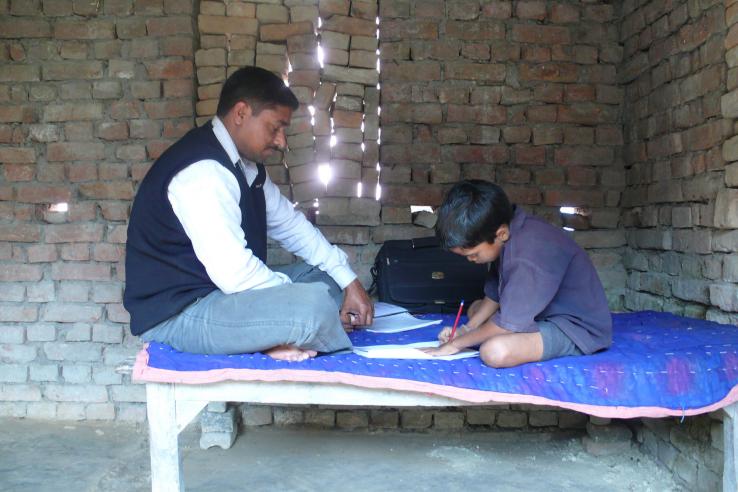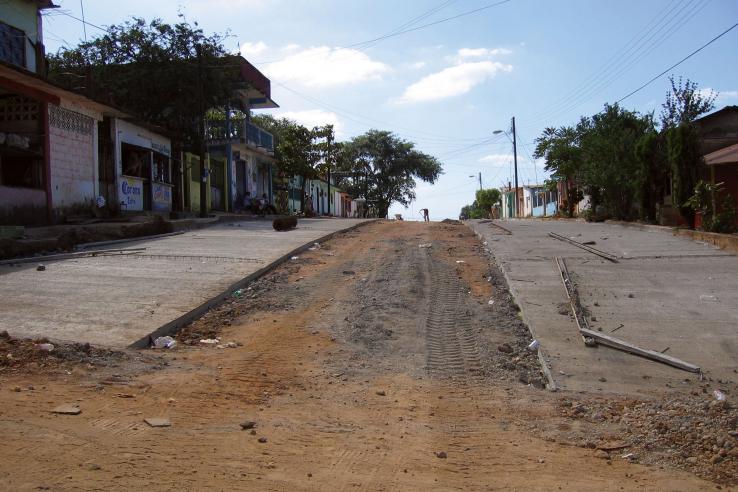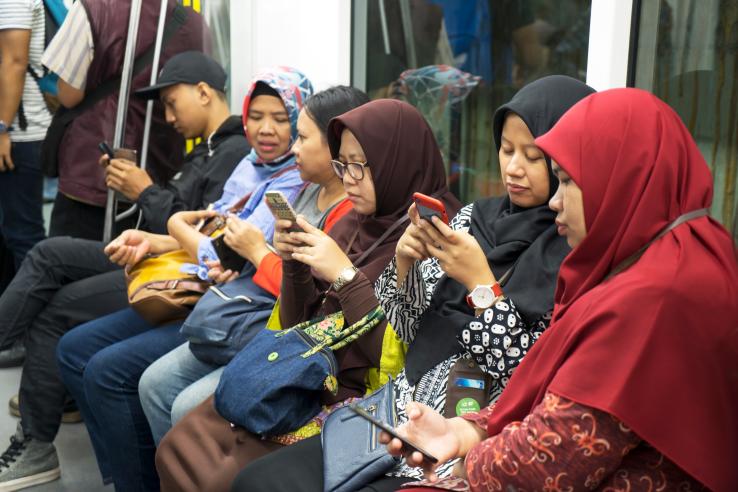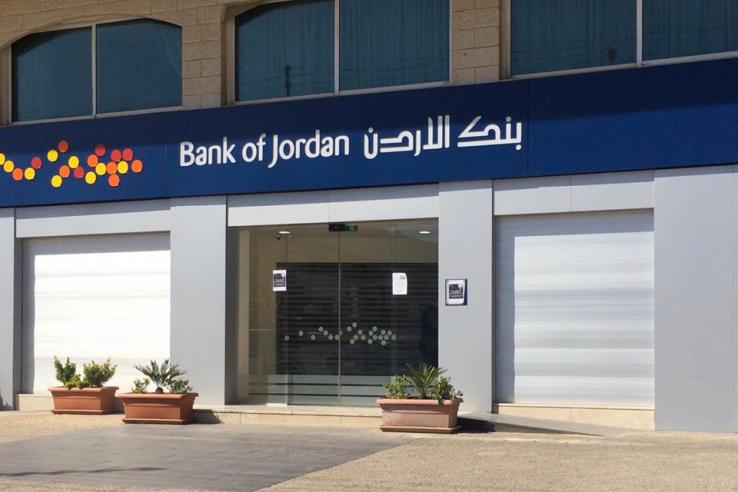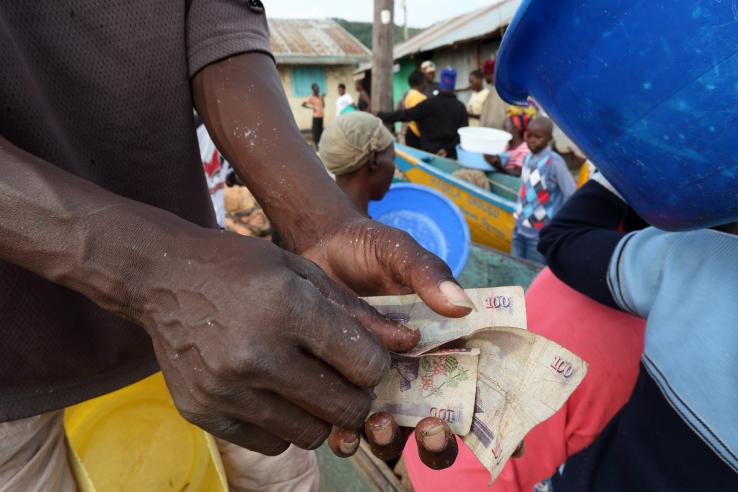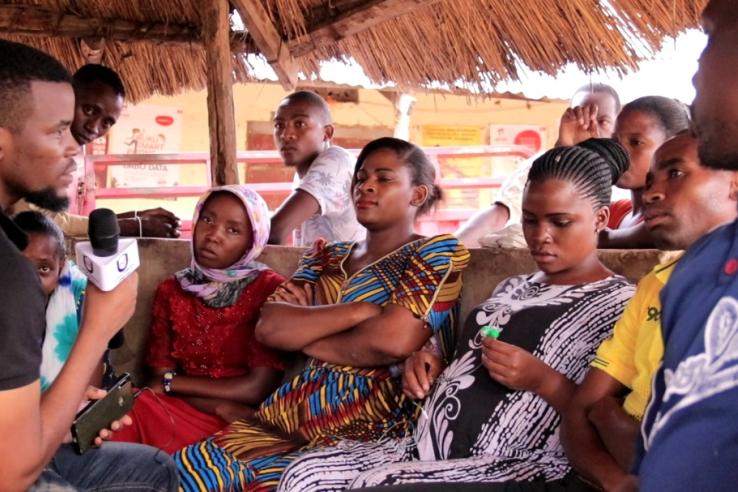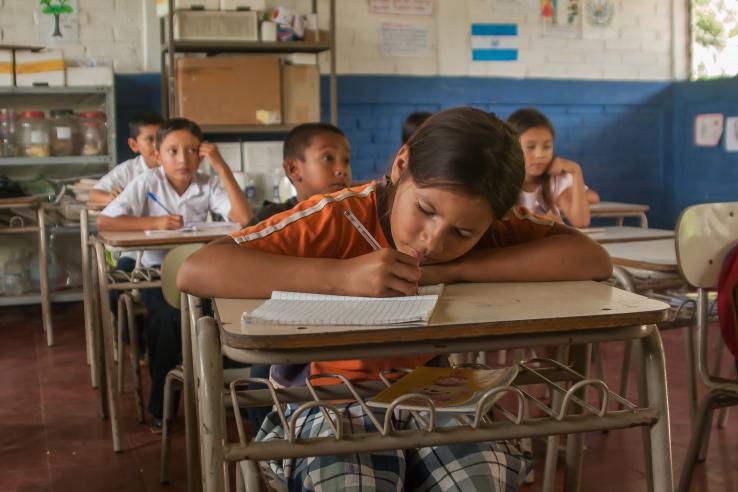Displaying 541 - 555 of 1291
Evaluation
A common strategy for increasing school attendance is to offer cash rewards or other incentives to households, usually to the parents, when their children attend or perform well in school. In Gurgaon, India, researchers tested whether giving education incentives to parents or children influenced the incentives’ impact on educational outcomes. All of the incentive schemes had a substantial impact on test scores. Giving incentives to parents was more effective for high-performing students, whereas giving incentives to children was more effective for low-performing students. This suggests that incentivizing parents was more effective when they were good at motivating and supporting their children.
Evaluation
Many urban areas in developing countries lack basic services such as piped water, electricity, sewage lines, and paved roads. Researchers analyzed the effect of paving streets in residential areas in Mexico on the living standards of adjacent households. Street paving increased property values, allowing households to purchase more home appliances and vehicles and to invest in home improvements. A cost-benefit analysis suggests that the economic returns to paving streets outweighed the construction costs.
Evaluation
In sub-Saharan Africa, youth unemployment is expected to reach 50 percent by 2025. One reason for high unemployment among this group is that youth may live geographically far from where many jobs are located, making traveling to search for employment difficult and expensive. Researchers conducted a randomized evaluation to examine the impact of providing transportation subsidies on youth employment in Johannesburg, South Africa. Reducing job search costs through a transportation subsidy led job seekers to search more intensively, but their overall lack of success in finding a job led them to lower their search standards and led some job seekers to accept lower paying jobs in the township.
Evaluation
Researchers worked with local banks and the state government of Madhya Pradesh to provide women with their own bank accounts, training on how to use them, and direct deposit of wages earned through the Mahatma Gandhi National Rural Employment Guarantee Scheme (MGNREGS) to measure the impact of increased financial control on women’s labor supply, their bargaining positions in their households, and community gender norms. Relative to just providing bank accounts, additionally providing training and direct deposits changed gender norms: women worked outside the home more, had greater financial agency, and were more likely to approve of women working .
Evaluation
If disadvantaged students lack information about their educational opportunities after high-school and the academic preparation they need to succeed in top universities, they may be less likely to apply to and attend these universities. Researchers tested the impact of a program that connected underprivileged high schools with higher education institutions to provide academic tutoring and support.
Evaluation
In Malawi, researchers offered micro-entrepreneurs either single or multiple lockboxes to evaluate the impact of the boxes on savings and other business and financial outcomes. Individuals offered multiple lockboxes saved more than those offered a single lockbox, suggesting that providing lockboxes may be a cost-effective way to promote savings.
Evaluation
Researchers conducted a randomized evaluation on measuring the impact of celebrity Twitter endorsement for a child immunization campaign on the public’s opinion and behavior towards immunization. Celebrity endorsement increased Twitter engagement with the immunization campaign, primarily when celebrities authored messages themselves and did not explicitly cite credible public health sources. Celebrity endorsement led to increased communication and knowledge about health behaviors in individuals’ communities, though there was no impact on an individual’s immunization decisions for their children.
Evaluation
Researchers evaluated three STEM-focused summer programs for high school students and found that the programs increased students’ likelihood of attending a highly-ranked university, graduating, and earning a degree in STEM.
Evaluation
Researchers conducted a randomized evaluation to test the impact of providing information to students on their decision to pursue courses and majors in economics at a public university in the United States. The intervention increased male students' likelihood of studying additional economics courses when compared to female students, but the intervention did not impact students’ decision to major in economics, irrespective of gender.
Evaluation
Researchers partnered with Tamweelcom, a microcredit institution in Jordan, to estimate the demand for loans that comply with Islamic law (sharia-compliant loans). Sharia-compliant loans increased the demand for microcredit, and religious individuals were willing to pay more for this product.
Evaluation
A randomized evaluation in rural Kenya found that offering higher short-term interest rates on a savings account substantially increased bank account use two and a half years for after the promotional rate ended. Offering the interest rate promotion on individual bank accounts also increased household income via growth in entrepreneurship, while offering the promotion on joint bank accounts increased investment in household goods and led to greater spousal agreement on financial matters.
Evaluation
Researchers examined the impact of local watchdog journalism investigations on public service provision. Local journalism improved government performance and service delivery, likely by helping central governments monitor bureaucrats at the district-level.
Evaluation
Researchers found that subsidizing Salvadoran migrants’ remittances for education increased spending on education and attendance at private schools for their female relatives in El Salvador.
Evaluation
Researchers measured the effect of class size, teacher quality, and classroom quality on earnings and other future outcomes for children participating in the Student/Teacher Achievement Ratio (STAR) project in Tennessee. The study found that smaller class sizes raised college attendance, more experienced teachers increased future earnings of their students, and higher quality classrooms improved both college attendance and future earnings. Researchers found that the positive effects of early childhood education on test scores diminish over time, but positive effects on non-cognitive outcomes persist through adulthood.
Evaluation
This study evaluated the efficacy of three different types of emails in encouraging group membership: an impersonal email, a personalized email, and a personalized email that included an element of social pressure. Researchers found that membership increased most among recipients of the social pressure email followed by recipients of the personalized email.
